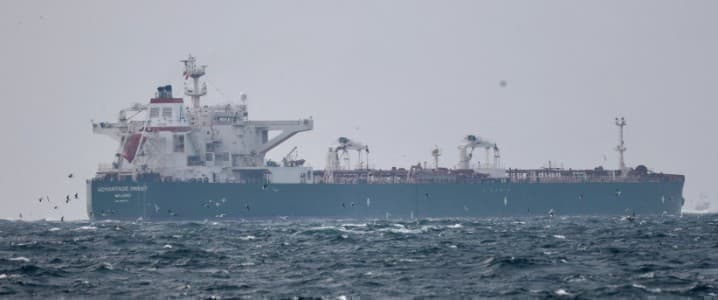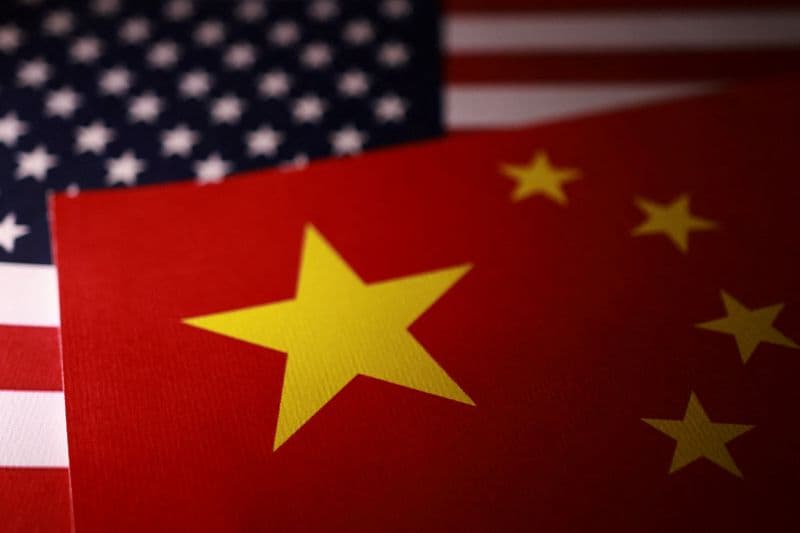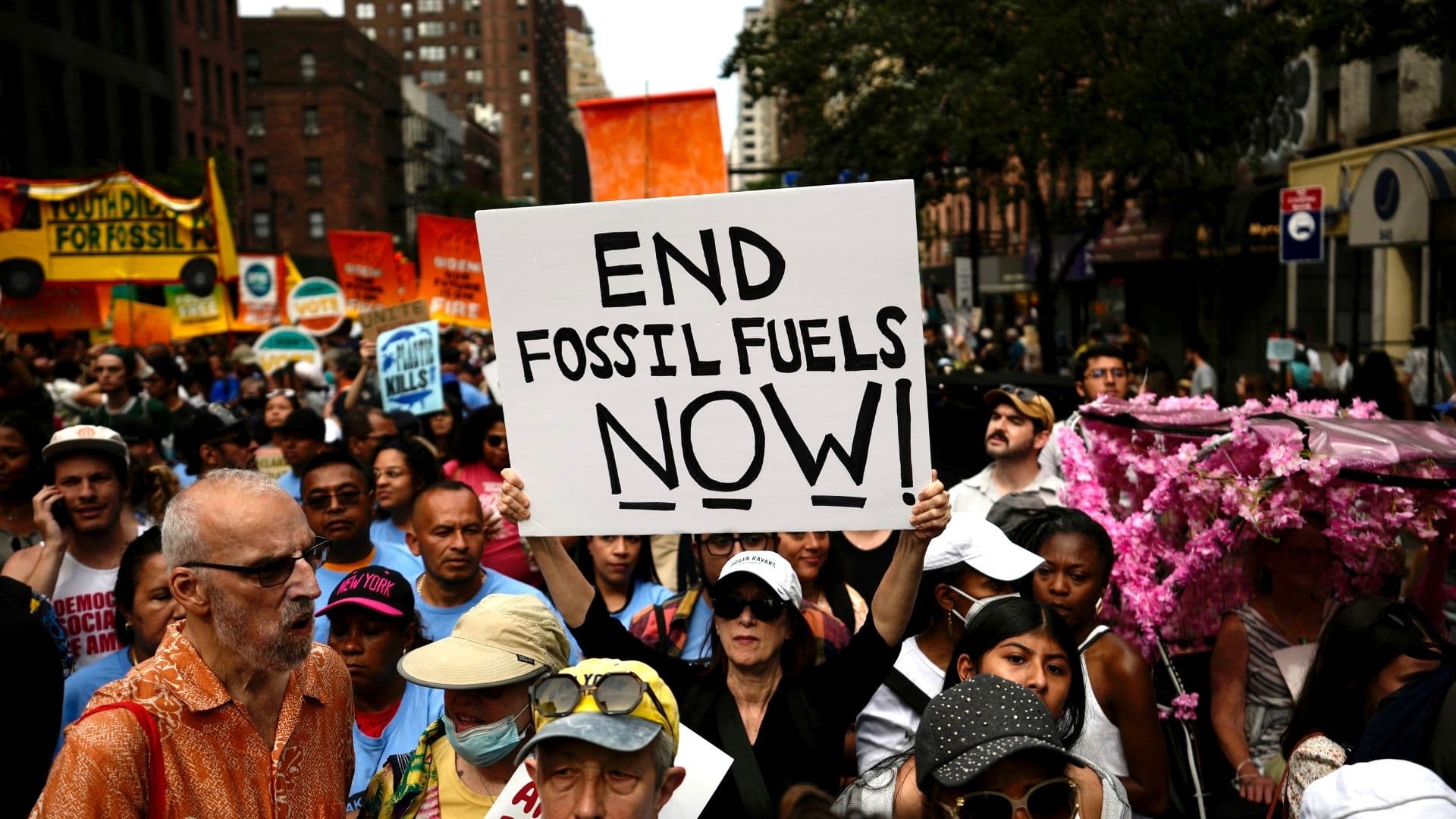Treasury Tightens Sanctions on Iran Oil Shipping Network, Targets Mahan Air
The U.S. Treasury on November 20 imposed a new round of sanctions on a network of front companies, shipping facilitators and six vessels it says help finance Iran’s military through crude oil sales. The move, which also designates Mahan Air for ties to the IRGC Quds Force, is intended to choke off revenue streams used for weapons and proxy activities, with direct implications for tanker insurance, shipping operations and Iran’s oil earnings.

The U.S. Department of the Treasury’s Office of Foreign Assets Control announced on November 20 that it had designated a set of front companies, shipping facilitators and six vessels linked to Iran’s crude oil exports, and added the carrier Mahan Air to its list for ties to the Islamic Revolutionary Guard Corps Quds Force. The action cited executive order 13224 and related authorities as the legal basis for the measures and framed the move as part of a sustained campaign to interrupt funding that supports Iran’s armed forces.
Treasury officials said the sanctions expand prior rounds announced in February and May of 2025, targeting the so called shadow fleet that Iran uses to obscure shipments and to move crude beyond international scrutiny. The agency provided the names of vessels and associated entities in its press release, signaling an intent to increase legal and financial pressure on intermediaries that enable Tehran to monetize oil despite sanctions.
Analysts said the designations aim to raise the operational cost of Iran’s oil shipments by complicating access to insurance, financing and port services for the named ships and the broader fleet that adopts covert practices. Shadow fleet tactics often include ship to ship transfers, changes of flag and deliberate interference with automatic identification system signals to mask cargo origins and destinations. By making specific ships and facilitators toxic to Western insurers and banks, the Treasury increases the likelihood that commercial backstops will refuse business, effectively constraining exports.
The inclusion of Mahan Air elevates the sanctions from maritime logistics to aviation, underscoring Treasury’s assessment of the carrier’s role in supporting IRGC Quds Force networks. Designations of airlines and transportation companies can extend secondary effects across logistics chains, prompting international partners and service providers to reassess commercial relationships for fear of U.S. sanctions exposure.
Market implications are immediate and practical. Operators and brokers who handled shadow fleet shipments now face renewed regulatory risk, which can push trading toward smaller, less transparent intermediaries and raise costs for chartering, insurance and risk mitigation. For countries that rely on spot market purchases of crude, increased frictions may translate into higher freight costs and narrower supplier options. Over time, persistent enforcement pressure can reduce Iran’s hydrocarbon revenues, a declared objective of the U.S. campaign.
The move also highlights a broader policy pattern. Since 2025 began, U.S. sanctions strategy has increasingly targeted the logistics and financial enablers of sanctioned regimes rather than only crude buyers. By naming vessels and corporate facilitators, Treasury seeks to create tangible consequences for the physical and financial networks that sustain sanctioned oil flows.
The Treasury release emphasized disruption of revenue streams for Iran’s armed forces as the central objective. How effective the strategy will be depends on the responsiveness of maritime insurers, the adaptability of shadow fleet operators and the willingness of third party jurisdictions to enforce secondary sanctions.

